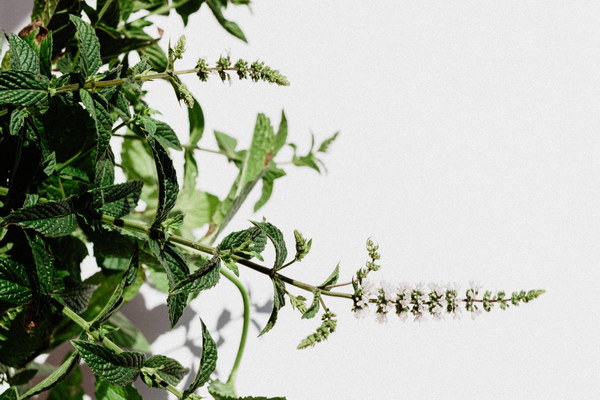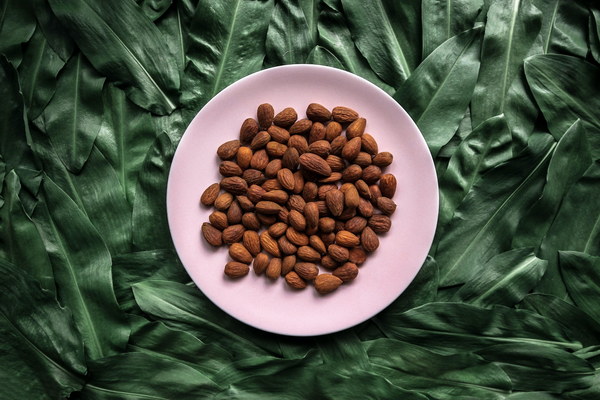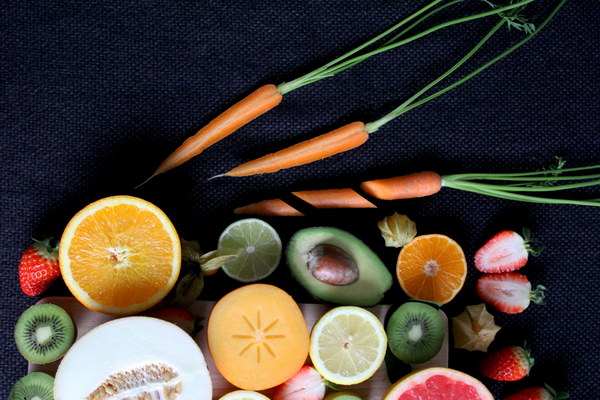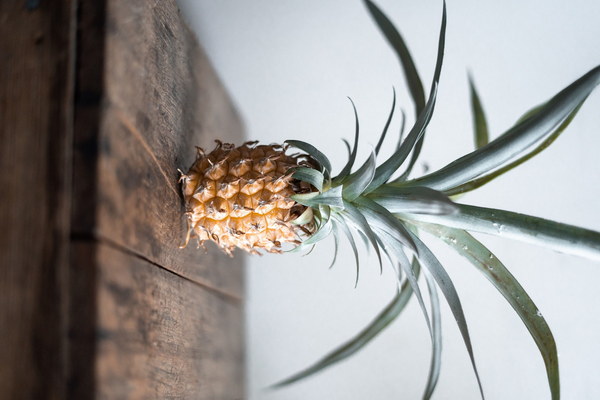Balancing the Spleen and Liver Discovering Traditional Herbs for Holistic Wellness
In the realm of traditional Chinese medicine (TCM), the concept of balancing the body's internal organs is central to achieving holistic wellness. One of the most crucial aspects of TCM is the concept of Yin and Yang, which emphasizes the importance of maintaining harmony between the various organs and systems within the body. Among these, the spleen and liver play a vital role in maintaining overall health. This article will delve into the significance of the spleen and liver in TCM, and explore the benefits of certain herbs that help to nourish and balance these organs.
The spleen and liver are considered to be closely interconnected in TCM. The spleen is responsible for transforming food into nutrients, which are then distributed throughout the body. In TCM, the spleen is often associated with the energy (Qi) that supports the body's immune system, as well as its ability to regulate blood sugar levels. The liver, on the other hand, is responsible for processing emotions and filtering the blood, which is crucial for maintaining mental and physical health.
When the spleen and liver are not functioning properly, various health issues may arise. For instance, spleen deficiencies can lead to fatigue, weight gain, and digestive problems, while liver imbalances may cause irritability, mood swings, and skin issues. To address these concerns, TCM practitioners often recommend a combination of herbs that can nourish and support both organs.

One such herb is Codonopsis pilosula, commonly known as Dang Shen in Chinese. Codonopsis is renowned for its ability to strengthen the spleen and boost the immune system. It is often used to treat fatigue, weakness, and poor digestion. Additionally, Codonopsis has been shown to enhance the body's ability to resist infections and promote overall well-being.
Another herb that is often used to nourish the spleen and liver is Scutellaria baicalensis, or Huang Qin in Chinese. This herb is known for its anti-inflammatory and detoxifying properties. In TCM, Huang Qin is used to clear heat and toxins from the body, which can help alleviate symptoms of liver congestion and improve digestion. It is also believed to support the immune system and reduce stress levels.
Another herb that is commonly used in TCM to balance the spleen and liver is Bupleurum chinense, or Chai Hu in Chinese. This herb is known for its ability to relieve stress and improve mood. Chai Hu is often used to treat liver Qi stagnation, which can manifest as irritability, mood swings, and physical discomfort. It is also believed to help regulate the menstrual cycle and alleviate symptoms of menopause.
In addition to these herbs, there are several other TCM remedies that can be used to nourish the spleen and liver. Some of these include:
- Poria cocos (Fu Ling): Known for its diuretic and immune-boosting properties, Poria cocos helps to clear dampness and support the spleen's ability to transform food into nutrients.
- Astragalus membranaceus (Huang Qi): This herb is renowned for its ability to boost the immune system and support the spleen's function in transforming food into Qi.
- Bupleurum falcatum (Xiang Fu): This herb is used to treat liver Qi stagnation and relieve pain, particularly in the abdomen and chest.
- Cynanchum wilfordii (Bai Zi Ren): Known for its calming and relaxing properties, Bai Zi Ren is often used to treat anxiety, irritability, and insomnia.
It is important to note that while these herbs can be beneficial for nourishing the spleen and liver, they should be used under the guidance of a qualified TCM practitioner. Each individual's constitution and health needs are unique, and a TCM practitioner can tailor the treatment plan to address the specific concerns of each person.
In conclusion, the spleen and liver are essential organs in traditional Chinese medicine, and maintaining their balance is crucial for achieving holistic wellness. By incorporating specific herbs and other TCM practices into one's daily routine, individuals can support the health of these vital organs and enjoy improved mental and physical well-being.









